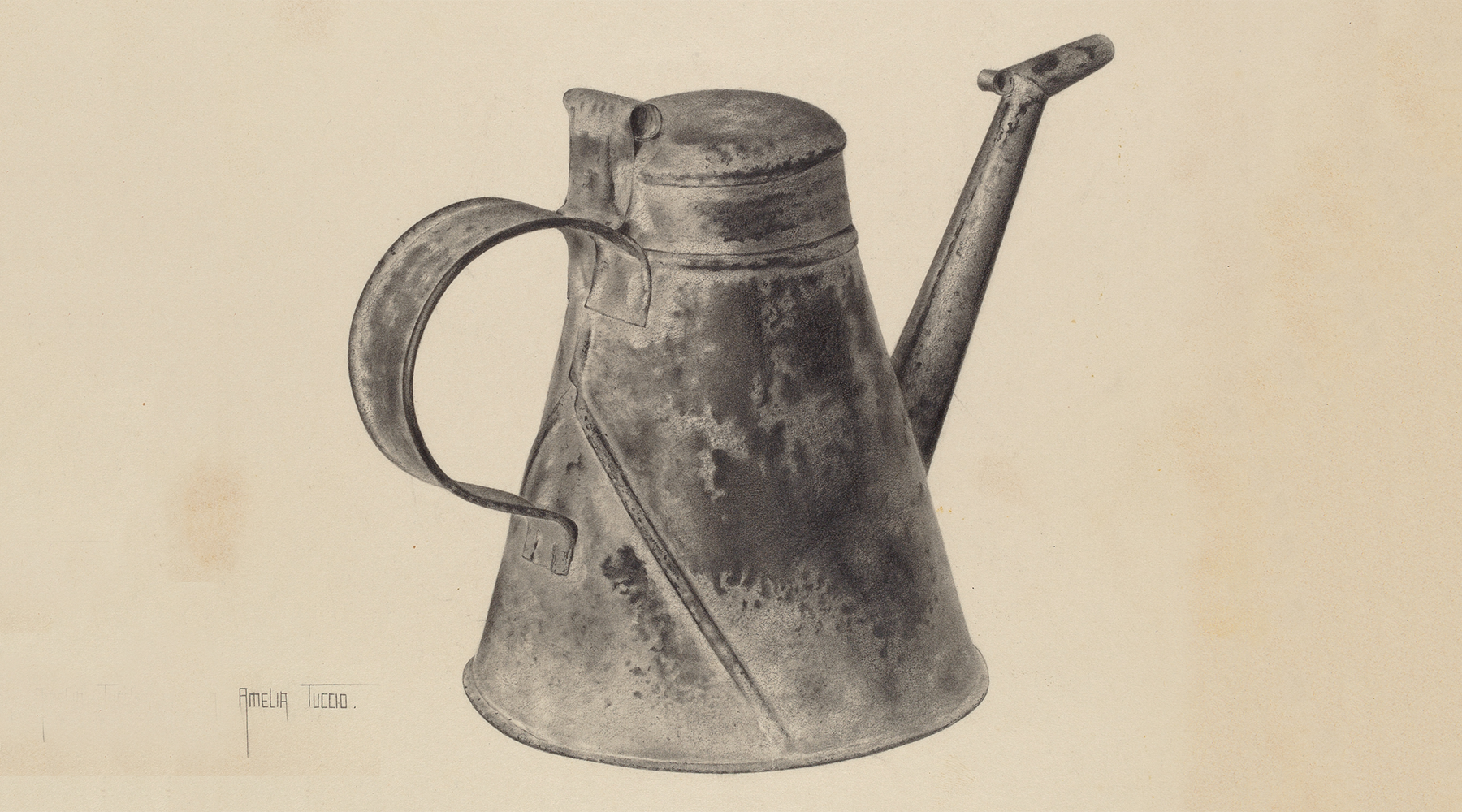DISCUSSING:
In the Shadow of the Spire – Session 22B: At the Top of Pythoness House
The door was locked, so Tee kneeled next to it and got to work. Agnarr, standing nearby, decided to start oiling the hinges. Tee, remembering the last time Agnarr had decided some hinges needed oiling, began grinding her teeth, but managed to ignore him… mostly.
This session contains a callback to Session 10A: The Labyrinths of Ghul. In that session, I described the ancient hinges of a door in the dungeon as squealing loudly. While Tee explored the room beyond:
Agnarr, meanwhile, started playing with the iron door – moving it back and forth and causing the ancient hinges to squeal horribly. Tee was visibly annoyed. “Stop it. We don’t know what’s down here.”
First, I’d like to take a moment and acknowledge what a great roleplaying moment this is. We often think of great roleplaying as being exemplified in big dramatic or emotional scenes, but this simple little interaction actually demonstrates the heart of all great roleplaying. It’s a player being fully immersed in a moment and simply asking themselves (almost unconsciously), “What would my character do?”
And in this particular moment of boredom the answer was, “Play with this squeaky door.”
Now, at the table, this action is not actually annoying. There is no actual door squeaking. But Tee’s player becomes visibly annoyed because she, too, is immersed in the moment and is fully imagining the sound of this bloody door echoing through the room while she is trying to concentrate. So she tells him to cut it out. And then:
Tee went back to searching. Agnarr shrugged and pulled some oil out of his bag, spreading it liberally over the hinges of the door. That did the trick and the door stopped squeaking. Agnarr grinned, swinging the door back and forth, and called out: “Tee! Look!”
Tee whirled around: “What?!”
As she turned, the mound of rubble behind her exploded. A foul and terrible creature rose up amorphously behind her – its forms constantly shifting through virulent shades of purplish-blackish horror. Agnarr’s eyes widened and the smile fell from his face as two muscular extrusions slashed vicious claws across Tee’s back, ripping open vicious wounds.
Tee screamed in pain. “I hate you Agnarr! I hate you!”
Agnarr sees that Tee is upset and wants to help, so he figures the best way he can do that is by fixing the squeaky hinge that’s upsetting her. Having fixed the “problem,” he just wants to share his happiness with Tee and let her know that he’s solved it!
From Tee’s perspective, of course, the problem is not the squeaky hinge, it’s that Agnarr keeps distracting her. And now he’s distracting her again! There’s a complete mismatch of expectation and emotion as she whirls around.
And then shit goes bad.
In terms of actually “running the campaign,” per se, I contributed virtually nothing to this moment:
- I randomly described a door hinge as being squeaky.
- When Agnarr wanted to fix the hinge with some oil, I called for a check to see if he did that. (He made it.)
- I called for a Spot test to see if Tee noticed the chaos beast lurking in the rubble. (She failed it.)
I mostly just got out of the way, which is often the best thing you can do as a GM.
What makes this moment special?
Hard to say, honestly. There’s an emotional truth here which seems to capture an essential element of the relationship between Tee and Agnarr. The simplicity of the actual interaction coupled with a near-catastrophic outcome creates strong dramatic contrast.
Because I’m talking about this in the context of the long-term legacy of the moment – as demonstrated in this journal entry, it becomes a running joke for Agnarr to oil hinges while Tee grits her teeth – it’s tempting to sight the replicability of the moment (there are lots of opportunities for dungeon adventurers to oil hinges). But the truth is that this had become an in-joke for the group long before Agnarr did it again. The players would bring it up during sessions. They’d also joke about it in other social contexts. Ten years later, in fact, they’re still doing so (much to the bewilderment of many an out-group listening to these conversations).
In sharing these campaign journals I’ve occasionally wondered about the degree to which these in-jokes translate to people who weren’t “there” when it happened. But it’s not unusual for long-term campaigns to develop these in-jokes. Like any in-joke, they build a sense of community and common purpose. They become both shibboleths and fond memorials of shared joy.
NEXT:
Campaign Journal: Session 22C – Running the Campaign: Using Lore Books
In the Shadow of the Spire: Index













I’m curious; why did you call for a check to oil the hinges? What would it mean to fail an oil-hinges check?
Many years ago we were playing a Pathfinder campaign — I think it was Kingmaker — and the GM got his calendar mixed up so it was the 2nd of Pharast three days in a row. That became a running joke and now whenever a date comes up in one of our group’s games, it’s always the 2nd of Pharast, whatever the game, whatever the setting.
@Sam: The hinges would keep squeaking.
In many cases this wouldn’t matter and you wouldn’t roll; you’d keep adding oil until the problem was solved. The first time this happened, however, it was a significant question of what Tee’s reaction would be. (And also what would awaken the chaos beast under the rubble.)
You can see the opposite, actually, in Pythoness House in the current session: Outcome didn’t have consequences, so in that situation I didn’t have Agnarr roll a check. We just assume he worked at it until the hinge stopped squeaking.